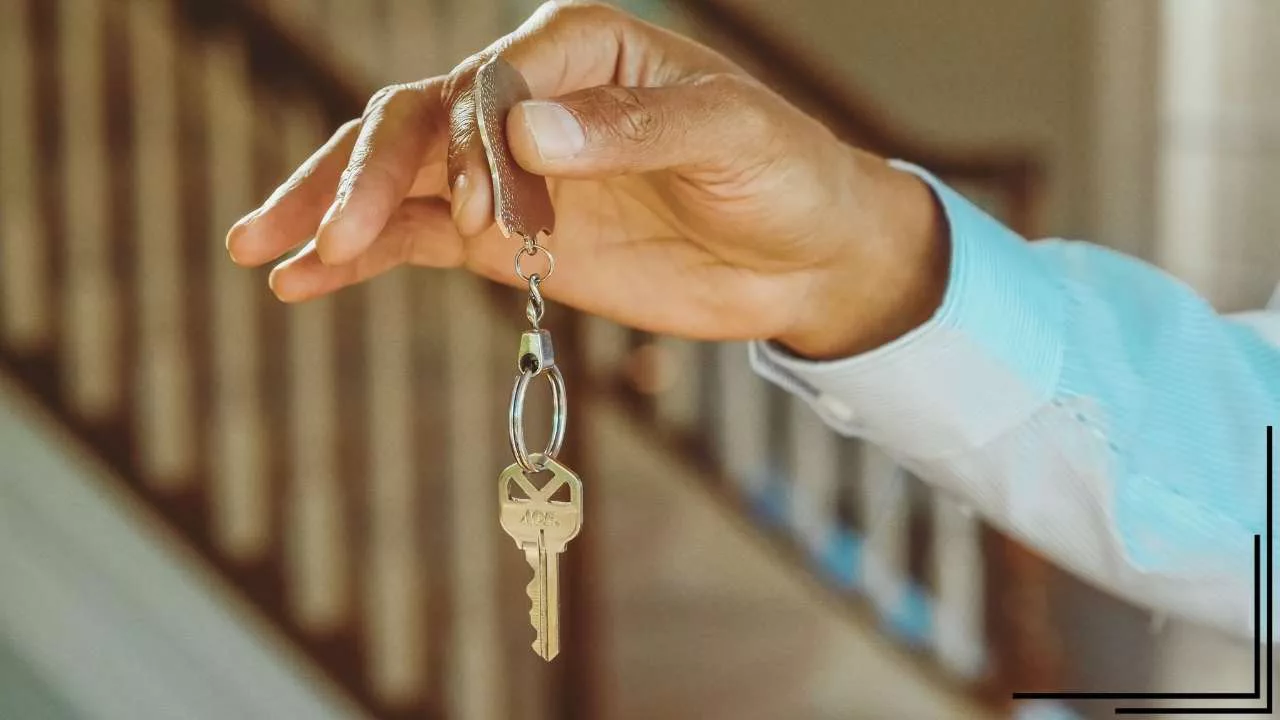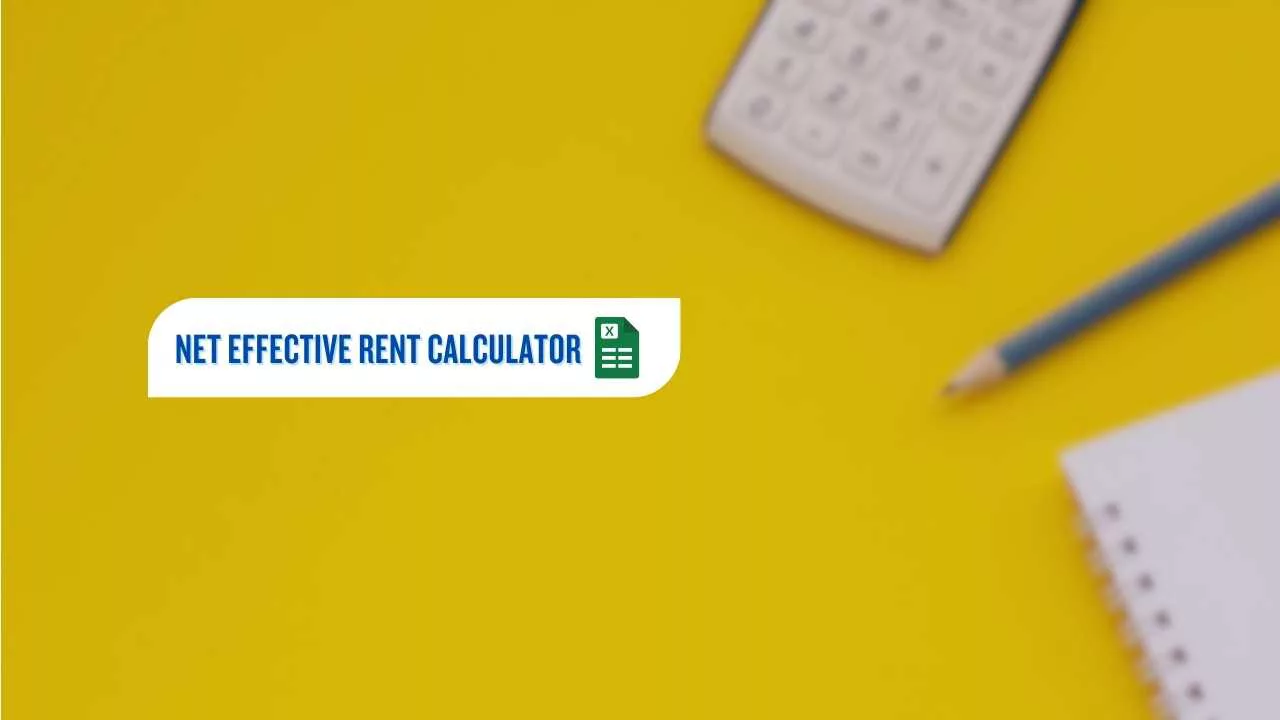Commercial Real Estate Property Resources

I’ve met with many real estate professionals who are talking about investing in a multifamily property. There is the potential for long-term profitability and I do find that very appealing; the due diligence process is where the true foundation for success is built. I’ve been around long enough to know conducting a thorough financial audit and preparing a financial audit report requires an immense attention to detail. Any misstep during due diligence could mean unexpected costs or missed warning signs. Things like environmental site assessment issues or future property repairs that should be addressed upfront.
Here is my free multifamily due diligence checklist I like to use. It is available in both PDF and Excel formats. It’s designed to help you with every needed step. It’ll help you uncover insights about your investment. You’ll want to evaluate the property’s long-term profitability. Having a process with compliance through environmental reviews and planning for upcoming repairs, you’ll like how this checklist serves as a helpful roadmap to make informed decisions. And if you need extra support, it’s always a good idea to connect with a real estate consulting firm for expert guidance. Doing any multifamily due diligence process has many steps to pay attention to, and its easy to get disorganized. Download your free copy today and take the first step toward securing a sound investment.
Download a Free Multi-Family Due Diligence Checklist
PDF | Word Doc | Google Doc
Multifamily Commercial Real Estate Due Diligence Checklist
The due diligence process a necessary step for any real estate investment risk. Performing a thorough assessment will help you identify if your desired investment property is truly a good deal. You’ll find below an example due diligence checklist that outlines the key areas every real estate investor should review.
1. Financial Audit/Review
- Do a financial due diligence or lease audit to find the property’s income/expenses.
- Take a look at the property’s rent roll and current rent roll. You’ll want to make sure the records are accurate.
- Go through the bank statements for at least the past 12 months to confirm the cash flow.
- Learn about the rental rates in the local market to see how the property aligns with market value.
- Do a forecast the property’s future profitability, and base it on income trends and rental increases.
- Find and confirm the replacement reserves to learn about the financial buffer for unexpected repairs.
- Check on the existing hud multifamily loans or other financing arrangements.
2. Legal, Title Examination and Lease Audit
- You should verify ownership with title reports and double check that there are no disputes related to the property.
- Make sure to review the purchase and sale agreement for terms and conditions.
- Professionally confirm lender’s title insurance and consult with a title company if needed.
- Take a look at the legal status of the property, ensuring compliance with local zoning laws and ordinances.
3. Property Condition Assessment Based on Market Analysis
- Go through and do a physical inspection and unit walk. During this you should document the condition of all units and common areas.
- Perform and complete a property condition assessment. You’ll want to identify potential structural or maintenance issues.
- Do an inspection of the electrical systems, HVAC systems, and plumbing systems for use and functionality.
- Go through and review the safety measures. This may include fire alarms and emergency exits. This is likely going to be needed for regulatory compliance. You should also check your local laws.
- Take a look into value add improvements that could increase the property’s appeal and market value.
4. Environmental Site Assessment and Physical Due Diligence
- Trying getting a site survey and check for any encroachments or boundary line disputes.
- Learn how or connect with a team to conduct an environmental site assessment to identify potential hazards or contamination.
- Start performing a phase II study if the initial survey recommends further investigation.
- Initiate and carry out a physical needs assessment to identify and account for future repair costs.
- Factor in a capital needs assessment to estimate scheduled upgrades over time.
5. Market Report and Tenant Analysis
- Go through the rental history to identify trends and potential risks with current tenants.
- Analyze the local market to understand demand, vacancy rates, and competition within the multifamily industry.
- Evaluate any third-party reports, such as appraisals or market reports, to validate assumptions about market value.
6. Documentation and Compliance
- Collect and organize all lease agreements and tenant files for documentation and find out if it is generally accurate.
- Go through the the sale agreement for any contingencies and deadlines.
- Confirm that the property meets applicable local and Fannie Mae lending requirements.
- Know what most lenders will expect in terms of compliance and documentation.
7. Additional Items
- Inspection of the title insurance policies and see if it is complete.
- Reviewing diligence items that are specified in the contract. Leave nothing forgotten.
- Try to conduct further testing for unseen issues in major systems or utility lines.
- Align with safety regulations to foster trust among tenants and regulators.

Check Back for Updates to this Multifamily Due Diligence Checklist
I want you to know that this multifamily property due diligence checklist is an ongoing document. Real estate investing has a way of changing, and best practices have a way of evolving. Commercial real estate and multifamily investing will likely always need a thorough due diligence. Most properties like single family homes where the lenders require a certain amount of informed decisions are no different. Make sure to get your fair share of any multifamily property investment. Check back for updates, and if you have any thoughts to add, please let me know.
About the Author

Joseph E. Stephenson, REALTOR®
License #00054082 | Kansas & Missouri
Affiliated with Welch & Company (License #CO00000477)
Joseph E. Stephenson is a licensed real estate professional in Kansas and Missouri with a career built on dedication to integrity and client-focused service. To learn more about how Joseph can assist you in your real estate endeavors, visit his REALTOR® profile at realtor.com.
Verify Joe’s Real Estate License Credentials
Real Estate Agent License VerificationVerify Joe’s Business Credentials
Joseph E. Stephenson also operates a business named Stephenson Residential, LLC. You can verify the business at the Kansas Secretary of State’s website.
Verify Business Credentials




